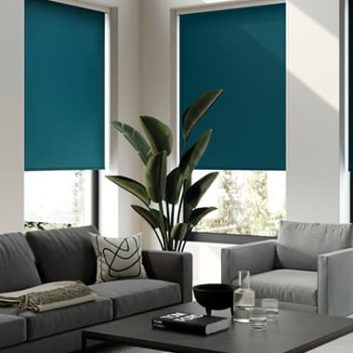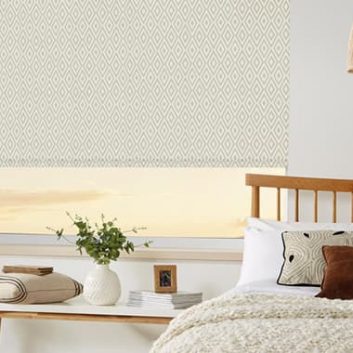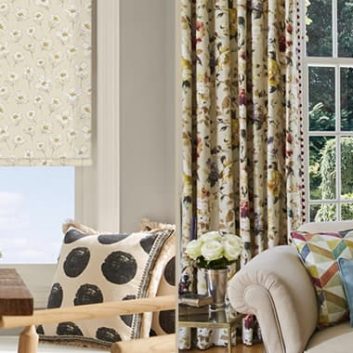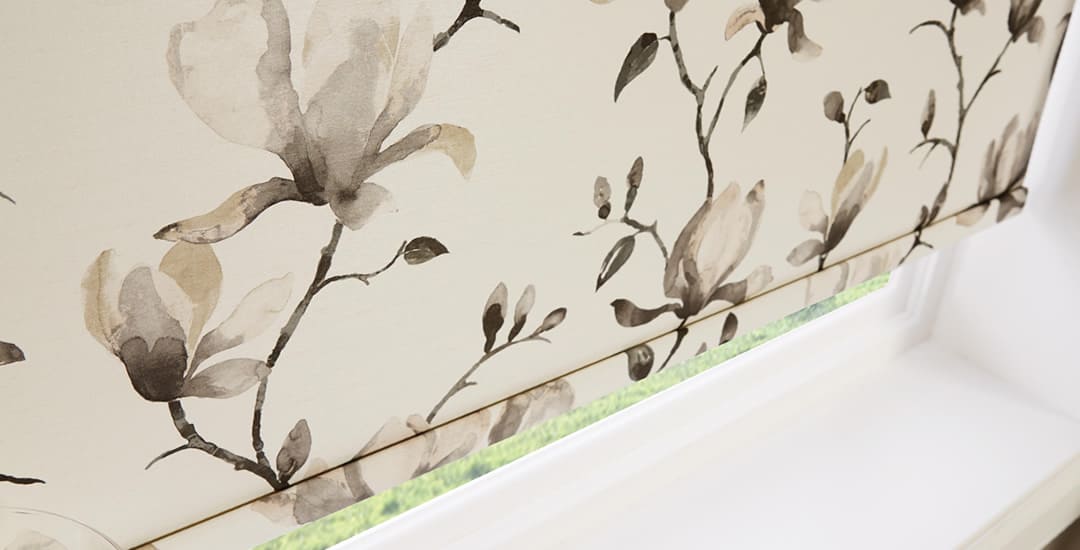
Yes, any window covering will reduce draughts to an extent, but the material that the blind is made from will dictate how effective it is at doing this. The way that the blind fits the window is important too, and so the best roller blinds to block draughts will be made to measure, and from a material designed with insulation as a major consideration.
This blog post will tell you how well roller blinds block draughts, and what type are most effective at doing this.
How do roller blinds stop draughts?
Roller blinds block draughts from windows by providing a barrier between the cold air from outside and the interior of the room itself. Even a thin polyester roller blind will take the edge off a directional draught, but it may not stop it entirely.
Do roller blinds stop draughts more effectively if you buy thermally insulating ones?
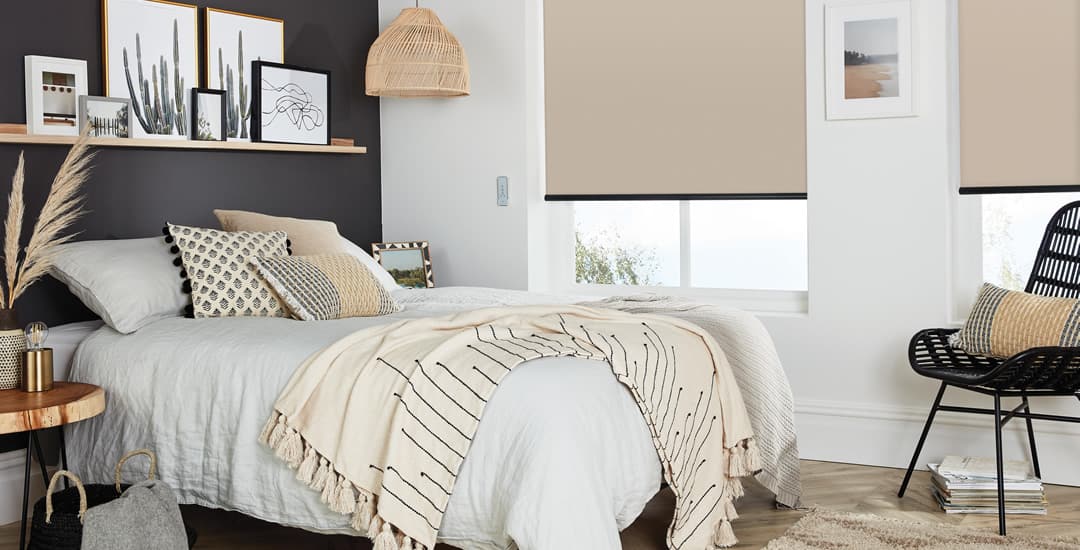
Yes, if you buy a roller blind that is made with a special thermally insulating lining, this will be far more effective at stopping draughts than a regular roller blind, or a blind with slats or louvres that has gaps through which draughts can pass.
Thermally insulating roller blinds aren’t made of a significantly thicker material than regular roller blinds, but when it comes to regular roller blinds without a thermal lining, the denser/thicker the fabric it is made from, the more effectively this will hold up compared to a thinner blind.
Do roller blinds stop draughts better than other types of blinds?
When it comes to thermally insulating roller blinds, these will tend to be more effective than most other types of blinds, with the exception of thermally insulating Roman blinds; these too are lined with a special thermal lining for warmth, but are also made of a thicker, heavier fabric in general, which all helps.
Both thermally insulating vertical blinds and standard faux-wood venetian blinds are good insulators too; but because they have slats or louvres, they won’t be quite as effective as a blind made of a single sheet of thermally insulating fabric like a roller blind.
Do roller blinds keep cold out if your home is generally well insulated?
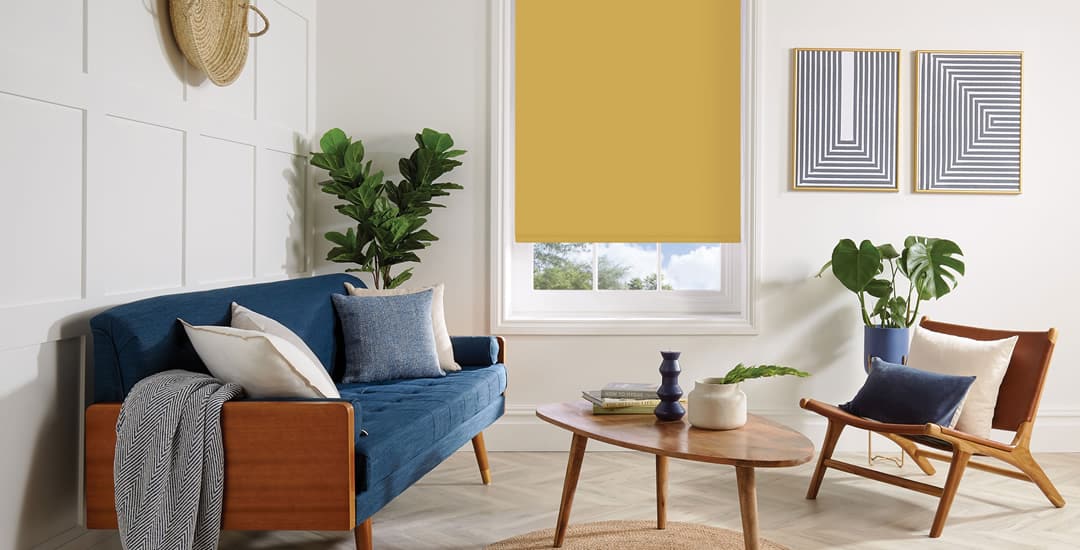
If the windows of your home are one of the main sources of heat loss, then thermally insulating roller blinds will often make quite a significant difference to the ambient temperature of the room and your home’s overall energy efficiency.
However, if your home’s insulation and energy efficiency as a whole is poor, adding thermally insulating roller blinds won’t make such a huge difference, as heat loss will occur via other means too, such a via the walls and/or attic.
Do roller blinds stop draughts completely if you hang them with this in mind?
The way you hang your blind makes all of the difference to how well it will insulate your room, and the first thing to bear in mind here is that it has to be a snug fit, and hung as closely to the glass of the window as possible.
This means measuring up with care to avoid gaps, and ideally, hanging the blind inside of (rather than over) the window recess.
Whether or not this will completely stop draughts from your window depends on how bad the draught is and various other factors, but it should certainly make a huge difference, assuming that your windows are one of the main sources of draughts or heat loss from your home.
Do roller blinds stop draughts completely if you pair them with another blind or pair of curtains?
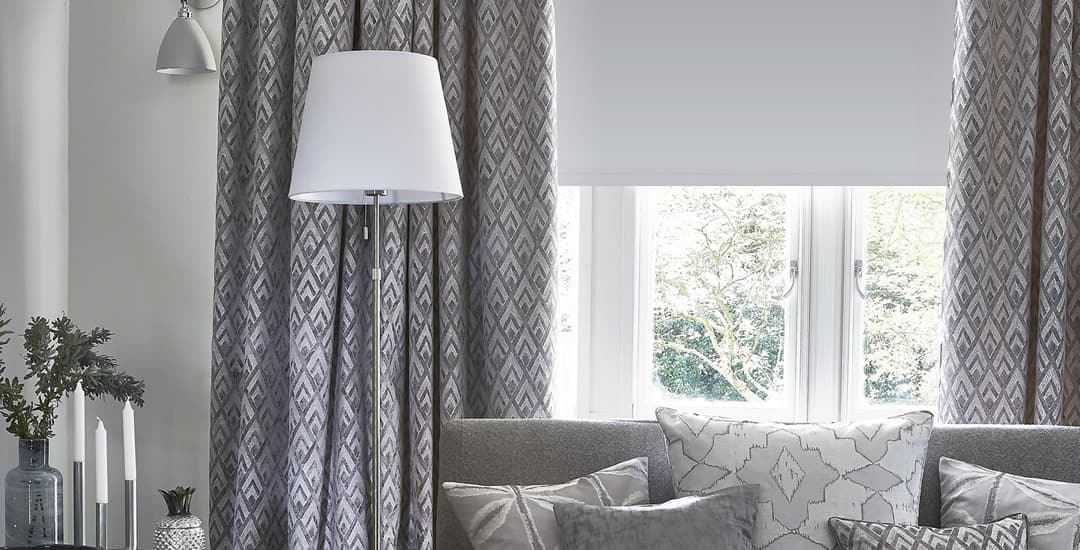
If you pair a thermally insulating roller blind inside of the window recess with either another thermally insulating blind or a pair of thermally insulating curtains, this should stop draughts from all but the very worst of windows (those that fit so badly that the panes rattle, for instance) from making any inroads into the room.
For many homes, one set of thermally insulating blinds will be perfectly sufficient to keep out draughts, but if you find that it is not (and again, if you’re sure that you’re not looking at other potential causes of heat loss aside from the windows) then you might want to consider pairing two blinds (one inside of and one outside of the window recess) or a blind and a pair of thick curtains.

